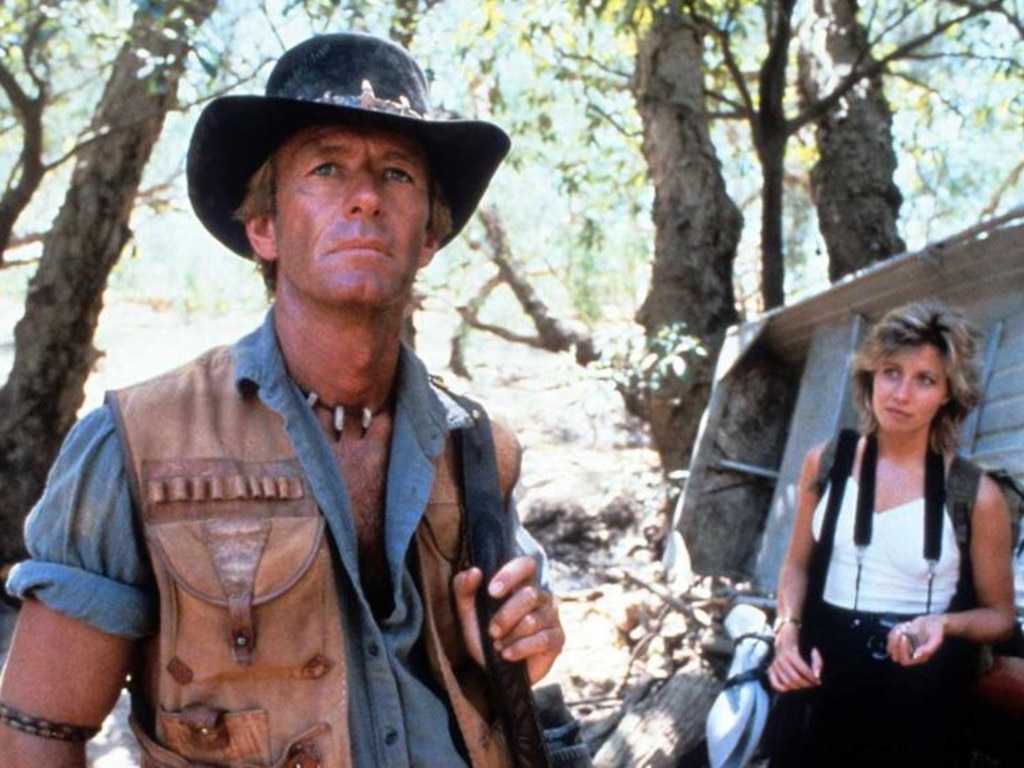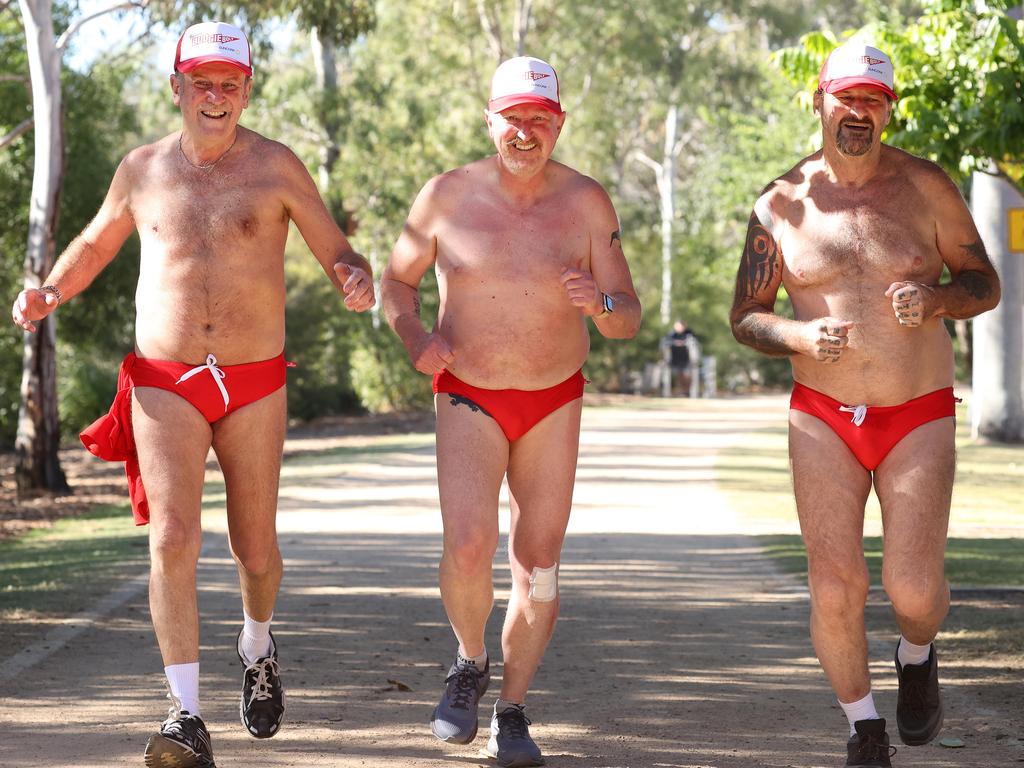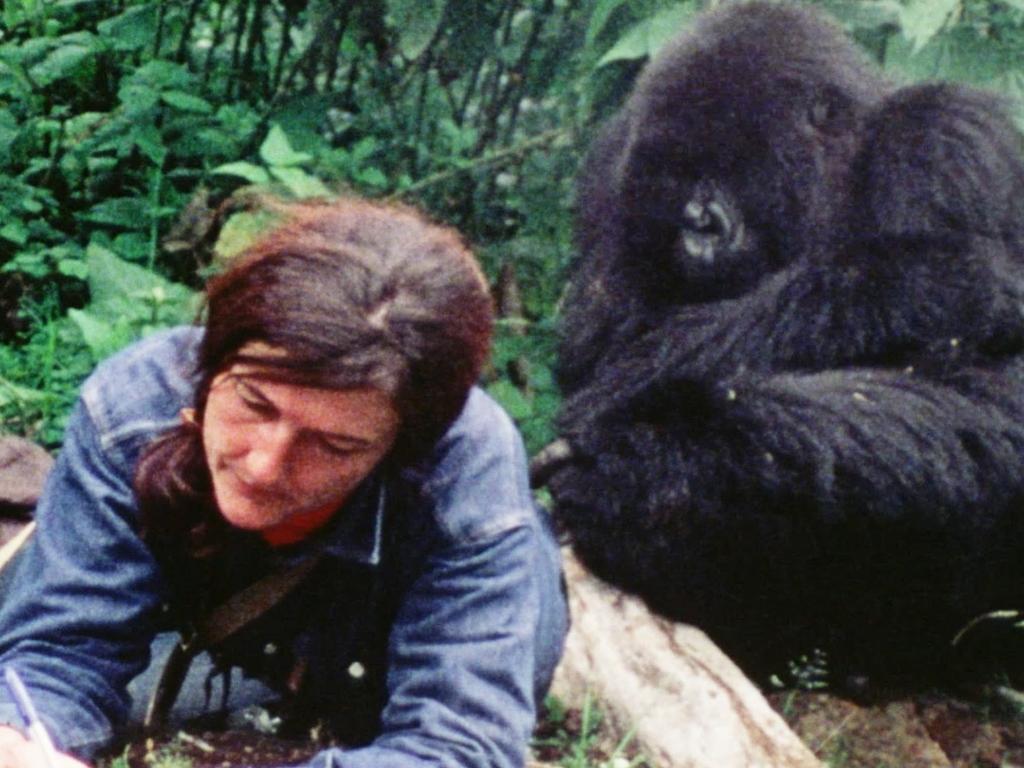Remember when garbos ran down the street with your bins?
A marvellously nostalgic new book, spawned by social media, takes us back to a time when life in Australia was much simpler. But was it easier?
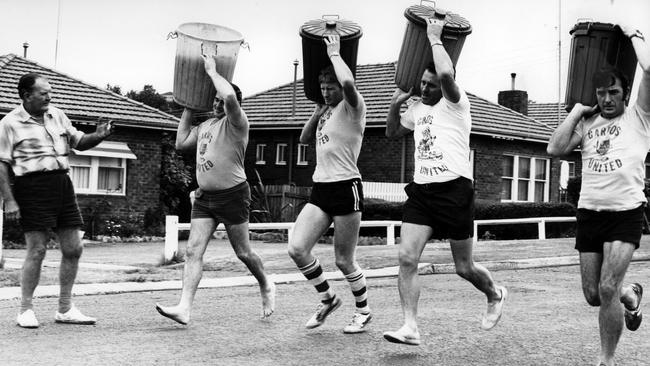
Post-war Australia is often remembered as a time of stability, with steady jobs, a thriving economy, and a growing population fuelled by immigration and the baby boom.
People enjoy reminiscing about life in those more settled times, when family life felt secure, it seemed that everyone who wanted a job had one, and home ownership was within reach of ordinary working-class families.
Before the sexual revolution of the 1960s, marriage was almost a given, and couples typically stayed together. Families were larger, many attended church, felt connected to their community, and shared a meal around the family dinner table every night.
There was a strong sense of respect and family traditions. Children enjoyed more freedom compared to today, while corporal punishment was a common disciplinary method both at home and at school.
As the first wave of baby boomers hit their teens, they experienced the excitement of getting their first cars, first jobs and listening to rock ’n’ roll on transistor radios.
Bands such as the Beatles and the Rolling Stones were revolutionising popular music. The Vietnam War caused societal tension, the pill gave women new freedoms, and many of the significant social, cultural, political and technological changes that marked the era were in full swing.
The past is appealing because of the happy memories – moments spent with parents, siblings, friends and lovers. My Facebook page, “Australia Remember When”, which I started in 2013, now has 375,000 followers, and it continues to be a wonderful source of comments and photos from regular readers and contributors, some of which I’ve now assembled for this new book.
I hope you rediscover some of the joy and happiness of the old times – a photo that sparks a memory, or a story that brings back a long-forgotten cherished moment that can then be passed down to younger generations, prompting them to say:
“So this is what it was like back then.”
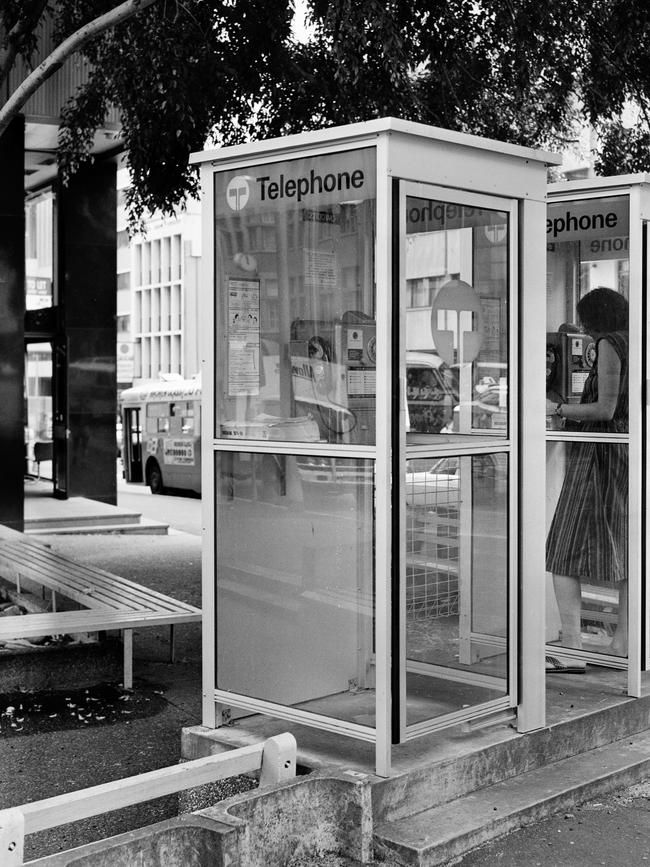
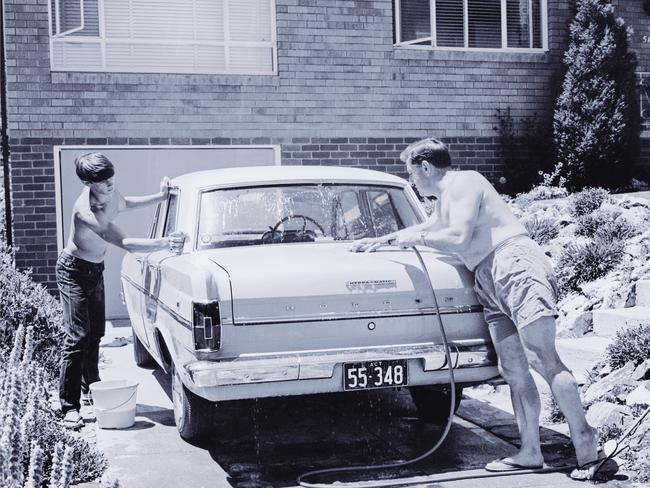
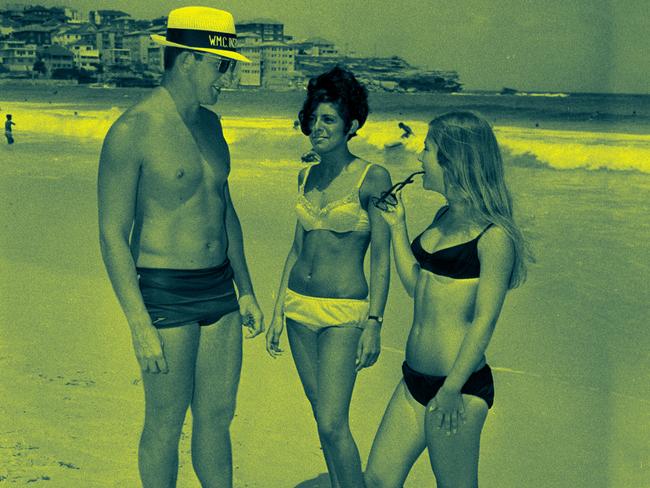
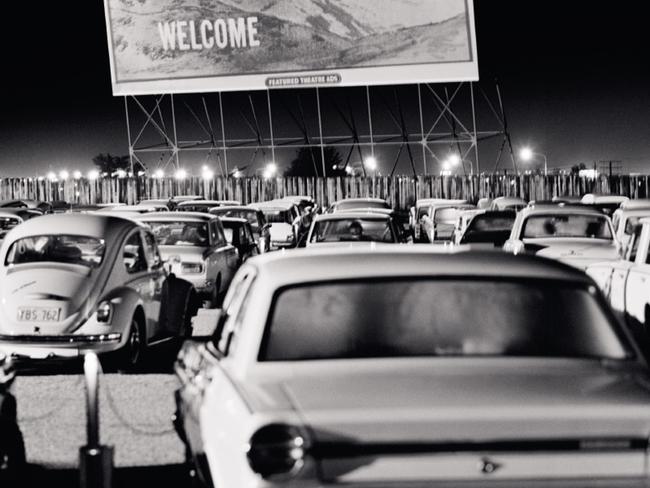
Bob Byrne started his career in radio more than 40 years ago. Remember When … Snapshots of Australia from the ’50s to the ’90s is published by NewSouth.

